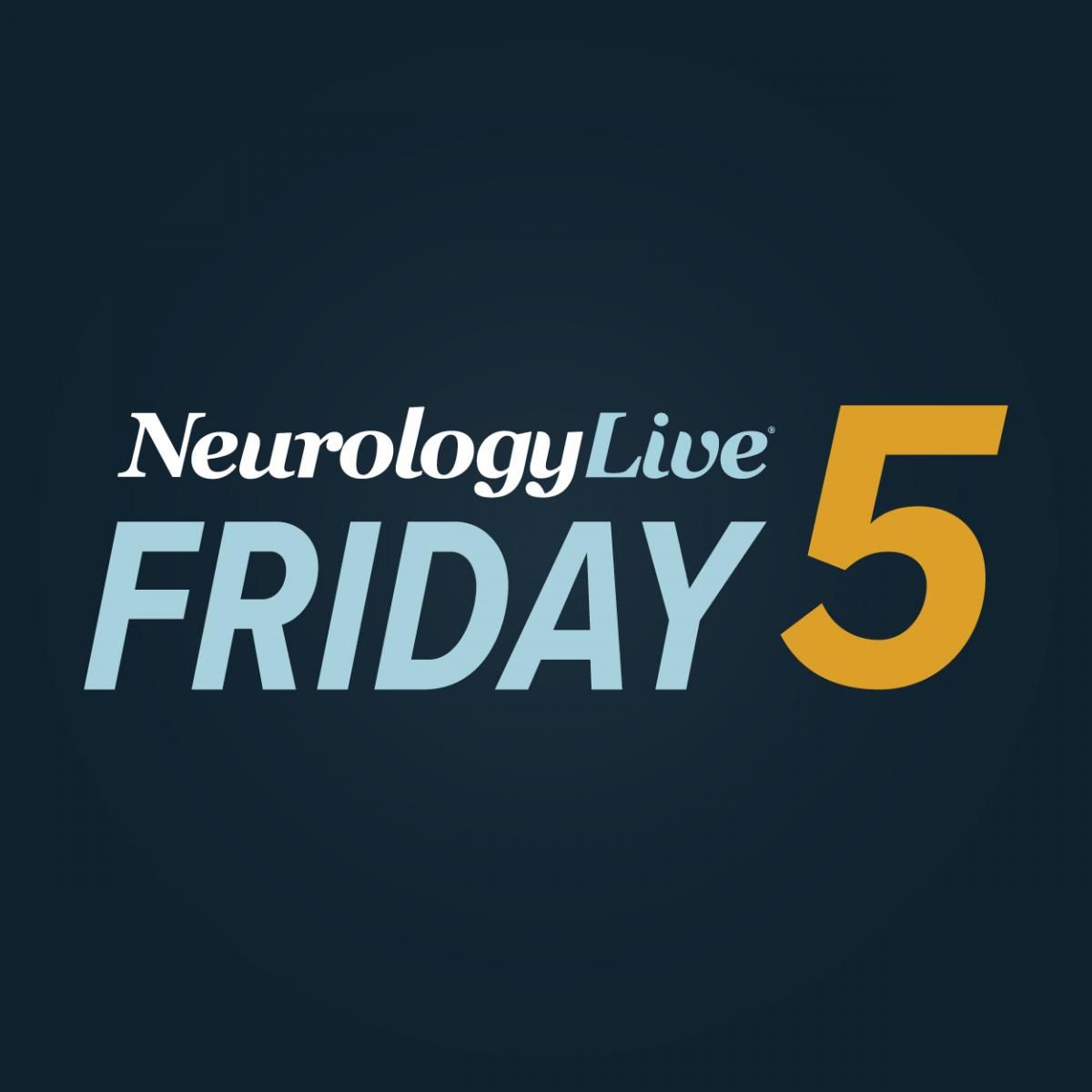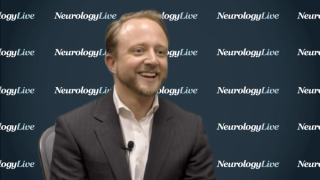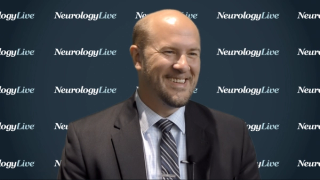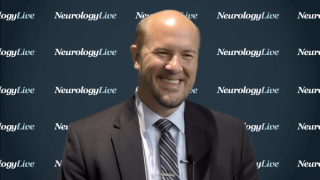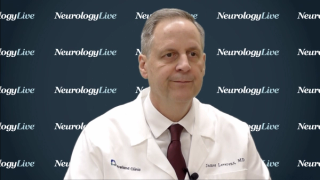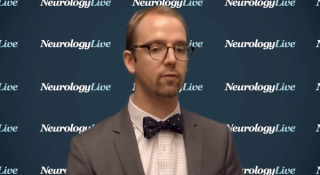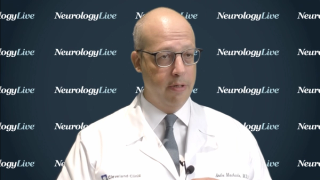
Movement Disorders
Latest News
Latest Videos

CME Content
More News

Here's what is coming soon to NeurologyLive.

Take 5 minutes to catch up on NeurologyLive's highlights from the week ending February 26, 2021.

Tavapadon’s rare combination of efficacy and minimal adverse effects may indicate a step forward in the treatment of Parkinson disease.

Here's what is coming soon to NeurologyLive.

Bijan Nejadnik, MD, chief medical officer, SanBio, also thanked neurological experts that collaborated on the phase 2 STEMTRA trial.

The chief scientific officer of the Parkinson’s Foundation discussed the importance of screening for mood disturbances in patients with PD.

Take 5 minutes to catch up on NeurologyLive's highlights from the week ending February 19, 2021.

Masahito Kawabori, MD, PhD, associate professor, Hokkaido University, discussed results of the phase 2 STEMTRA trial.

Researchers found that 93% of patients with AS exhibited dystonia in their limbs, mouth, neck, or trunk.

Here's what is coming soon to NeurologyLive.

ACI-12589 aims to become the world’s first diagnostic tool for assessing brain alpha-synuclein pathology in patients with Parkinson disease.

The chief scientific officer of the Parkinson’s Foundation discussed the state of mental health services for people with Parkinson disease during the COVID-19 pandemic.

AMT-130 is uniQure’s first clinical program focusing on the central nervous system incorporating its proprietary miQURE silencing technology platform.

Neurology News Network for the week ending February 13, 2021.

Both therapeutic programs utilize AAD2-GDNF gene therapy targeted to brain structures vulnerable to Parkinson disease and multiple system atrophy.

Take 5 minutes to catch up on NeurologyLive's highlights from the week ending February 12, 2021.

The treatment can be used in children who do not respond well to anticholinergic medications.

Data from a small study showed patients experienced significant improvements in MDS-UPDRS III scores after 4 months of treatment with single-hemisphere FUS.

Here's what is coming soon to NeurologyLive.

The chief medical officer at SanBio discussed how the investigational agent SB623 is being studied in TBI and stroke, with future planned studies in Alzheimer disease.

The director of the Parkinson’s Disease and Movement Disorder Program at Emory University School of Medicine shared his perspective on the research and development of Parkinson therapies.

Take 5 minutes to catch up on NeurologyLive's highlights from the week ending February 5, 2021.

The chief scientific officer of the Parkinson’s Foundation discussed strategies to close the gap between household income and telehealth use.

Gocovri is now the only therapy to be approved in the US to treat both off episodes and dyskinesia in patients with Parkinson disease.

Neurocrine Biosciences and Voyager Therapeutics have terminated the Parkinson disease portion of their partnership, ending development for VY-AADC, also known as NBIb-1817.



